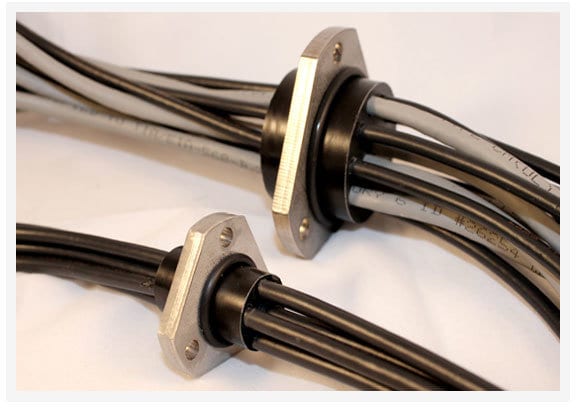Industrial Oven Types and Their Applications

Industrial ovens are a backbone in numerous manufacturing processes, offering the precision and reliability required for a vast array of heat treatment procedures. They vary significantly in design, size, and function to accommodate the diverse needs of industries. This article delves into the core types of industrial ovens and their specific applications, ensuring that businesses can make informed decisions when selecting the right equipment for their operations.
Convection Ovens
Convection ovens are the workhorses of the industrial oven family. Utilizing the principle of air convection, they ensure uniform heating by circulating hot air throughout the chamber with the help of fans. This results in efficient and consistent temperature control, making convection ovens a preferred choice for tasks such as baking, drying, and pre-heating. In industries where an industrial powder coating oven is essential, convection technology provides the homogeneous temperature required to achieve a flawless powder coat finish on metal parts, automotive components, and various hardware.
Infrared Ovens
Shifting gears to a more specialized technology, infrared ovens harness the power of electromagnetic radiation to transfer heat directly to objects. This method is incredibly energy-efficient, heating objects rapidly and more evenly than traditional methods. Industrial applications of infrared ovens span from food processing to the curing of coatings. Powder coating machines, in particular, benefit from this technology as it significantly cuts down curing times, thus speeding up the production process without compromising the quality of the finish.
Batch Ovens
Batch ovens stand out for their versatility and are apt for a multitude of processes where products are processed in groups or batches. These ovens are designed to treat various materials in discrete batches, allowing for meticulous control over the process. Batch ovens are a mainstay in facilities where the thermal processing of different sized loads is required, such as in the curing of composites, heat treatment of metals, and in the annealing of glass. The capability to operate at a range of temperatures makes them a staple in any setting where an industrial oven is pivotal.
Conveyor Ovens
Conveyor ovens bring forth the epitome of efficiency for continuous processing. Often integrated into an assembly line, these ovens pass products through a heated chamber on a conveyor belt at a controlled pace. The consistent speed and temperature make them ideal for mass production applications. The utilization of a conveyor oven in powder coating operations streamlines the process, ensuring a consistent and uniform treatment of parts — an essential factor for achieving the durability and finish quality that powder coating is known for.
Vacuum Ovens
Venturing into more specialized territory, vacuum ovens operate by removing the atmosphere within the chamber and creating a vacuum. This allows processes to occur without the presence of oxygen, which is invaluable for applications such as electronics where oxidation must be prevented. Vacuum ovens are also employed for the delicate drying of pharmaceutical products and the processing of composite materials where the absence of air is crucial for product quality.
Annealing Ovens
The process of annealing involves heating materials to a specific temperature and then allowing them to cool slowly, altering their physical and sometimes chemical properties to reduce hardness and improve workability. Annealing ovens, therefore, play a critical role in the metalworking and glass industries. By controlling the cooling process, these ovens ensure that stress within the material is relieved and the structure is made more uniform, resulting in an end product that is both durable and malleable.
Curing Ovens
Lastly, curing ovens represent a critical final stage in many manufacturing processes. These ovens are used to harden a wide array of coatings, adhesives, and composites. They maintain precise temperatures to ensure that the chemical reactions required for curing occur consistently. In the realm of industrial coatings, a curing oven is particularly critical for powder coating applications. It activates the bonding process of the powder to the metal substrate, yielding a hard, wear-resistant finish on industrial equipment, automotive components, and consumer products.
In conclusion, understanding the nuances of industrial ovens and their applications is key to optimizing production processes. Whether it’s the uniform finish provided by a convection oven in powder coating, the efficiency of a conveyor oven in continuous manufacturing, or the precision of a vacuum oven in sensitive electronic applications, the right industrial oven can significantly enhance product quality and manufacturing efficiency. By carefully considering the specific needs of their applications, industries can select the type of industrial oven that best aligns with their objectives, ensuring both quality and productivity are maximized.





